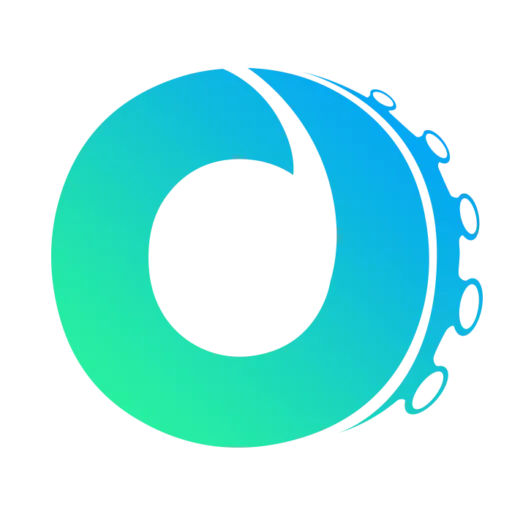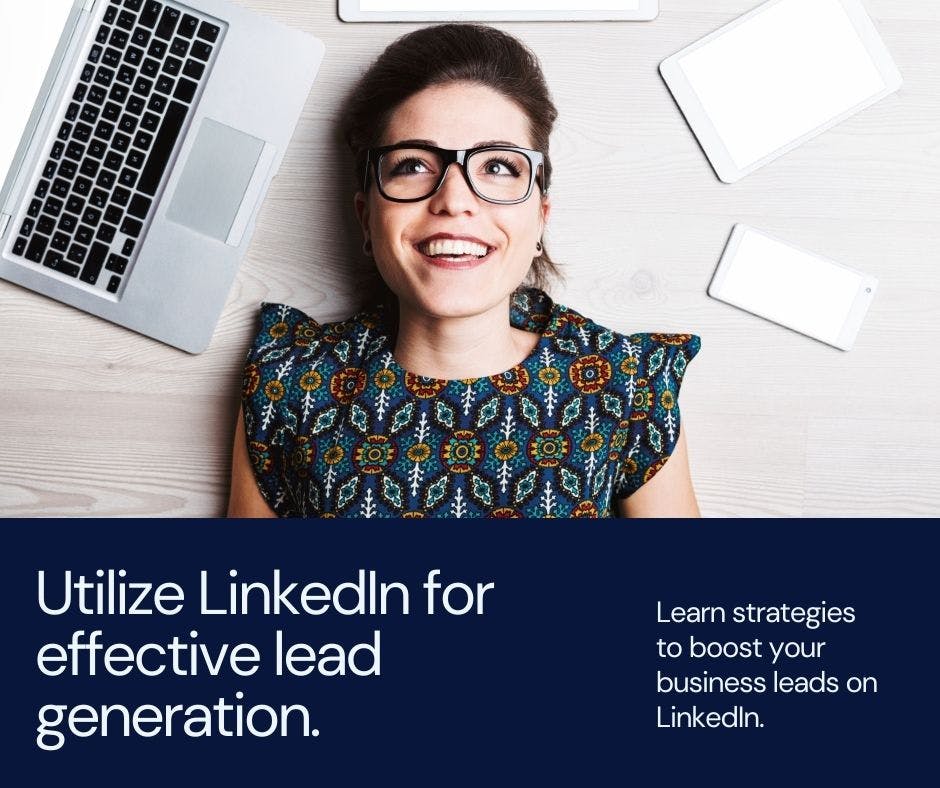Audio Presented by

LinkedIn Automation Tool for B2B prospecting and LinkedIn lead generation. Automate LinkedIn with Octopus CRM software.
Story's Credibility

About Author
LinkedIn Automation Tool for B2B prospecting and LinkedIn lead generation. Automate LinkedIn with Octopus CRM software.
